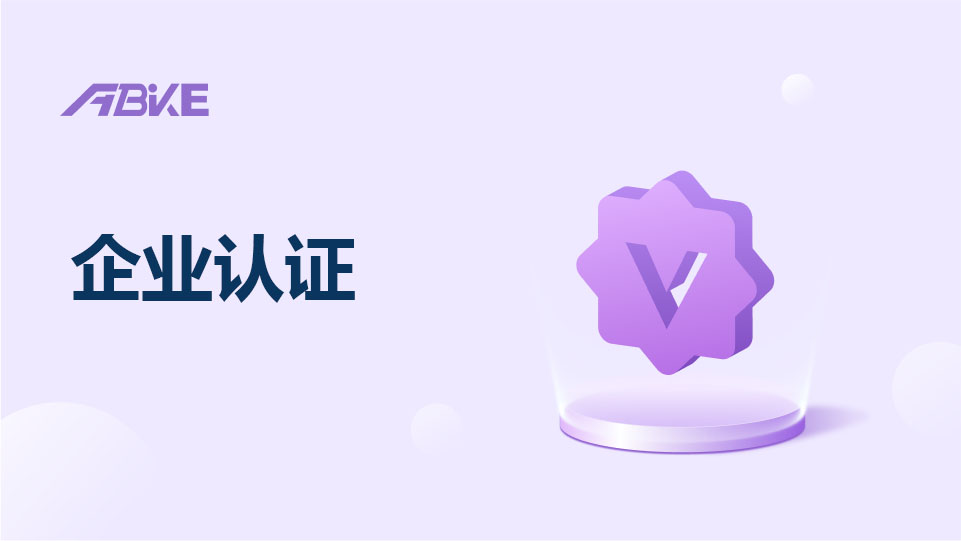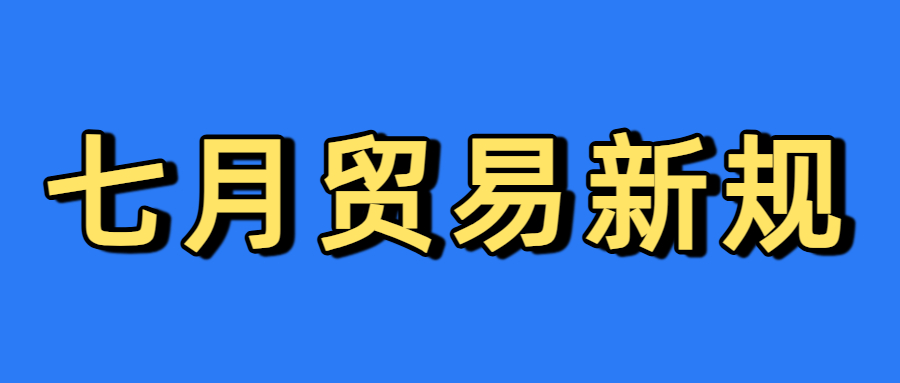 400-076-6558智领未来,外贸超级营销员
400-076-6558智领未来,外贸超级营销员
 400-076-6558智领未来,外贸超级营销员
400-076-6558智领未来,外贸超级营销员

In the Uruguayan market, UNIT certification is a crucial gateway for home appliances and lighting products. According to industry reports, over 70% of products without proper certification face significant barriers in market entry. The core requirements of UNIT certification mainly focus on product safety, performance, and environmental protection. For example, electrical safety standards ensure that products do not pose risks such as electric shock or short - circuit. In terms of performance, lighting products must meet specific lumen output and color temperature requirements.

The certification process for home appliances and lighting products in Uruguay can be divided into several steps. First, enterprises need to submit an application, providing detailed product information and technical specifications. Then, product testing is carried out in authorized laboratories. After passing the testing, on - site inspections may be conducted to verify the production process and quality control system.
On average, the entire certification process takes about 3 - 6 months. However, this time can be affected by factors such as product complexity and the efficiency of information submission. For instance, a simple table lamp may take around 3 months, while a complex smart home lighting system could take up to 6 months.
| Process Step | Average Time |
|---|---|
| Application Submission | 1 - 2 weeks |
| Product Testing | 1 - 3 months |
| On - site Inspection | 1 - 2 months |
Uruguay's UNIT certification policies are constantly evolving. Recently, new regulations have been introduced to strengthen environmental protection requirements. For example, home appliances are now required to have lower energy consumption levels, and lighting products must be more energy - efficient. These changes have a significant impact on enterprises. A study shows that about 40% of enterprises need to adjust their product design and production processes to meet the new requirements. Failure to comply may result in certification rejection and market access restrictions.

Based on real - world cases of foreign trade enterprises, effective compliance preparation methods include establishing a dedicated certification team, conducting regular internal audits, and closely following policy updates. When facing problems such as test failures, enterprises can cooperate with professional testing institutions to analyze the reasons and make improvements. For example, a Chinese lighting company successfully passed the UNIT certification after adjusting its product design according to the suggestions of a local testing agency.
An effective internal certification management system is essential for enterprises. It can ensure that all departments are involved in the certification process and that information is transmitted smoothly. This system should include clear responsibilities, regular training, and performance evaluation. For example, product managers are responsible for ensuring product design meets certification requirements, while compliance specialists handle application procedures.
Cooperating with professional third - party institutions can greatly improve the efficiency of certification. These institutions have rich experience and professional knowledge. They can help enterprises complete the testing and application processes more quickly. For example, a third - party agency can assist in filling out application forms accurately and communicating with certification authorities.

AI Content Factory platform plays a significant role in this process. It can automatically generate multi - language and localized certification content, saving a lot of time and effort for enterprises. With its advanced algorithms, it can quickly adapt to policy changes and generate accurate and up - to - date content, enhancing enterprises' efficiency and compliance capabilities.
Discover How AI Content Factory Can Transform Your Certification Process
.png?x-oss-process=image/resize,h_100,m_lfit/format,webp)
.png?x-oss-process=image/resize,h_100,m_lfit/format,webp)

.png?x-oss-process=image/resize,h_100,m_lfit/format,webp)
.png?x-oss-process=image/resize,h_100,m_lfit/format,webp)
.png?x-oss-process=image/resize,h_100,m_lfit/format,webp)
.png?x-oss-process=image/resize,h_100,m_lfit/format,webp)
